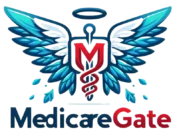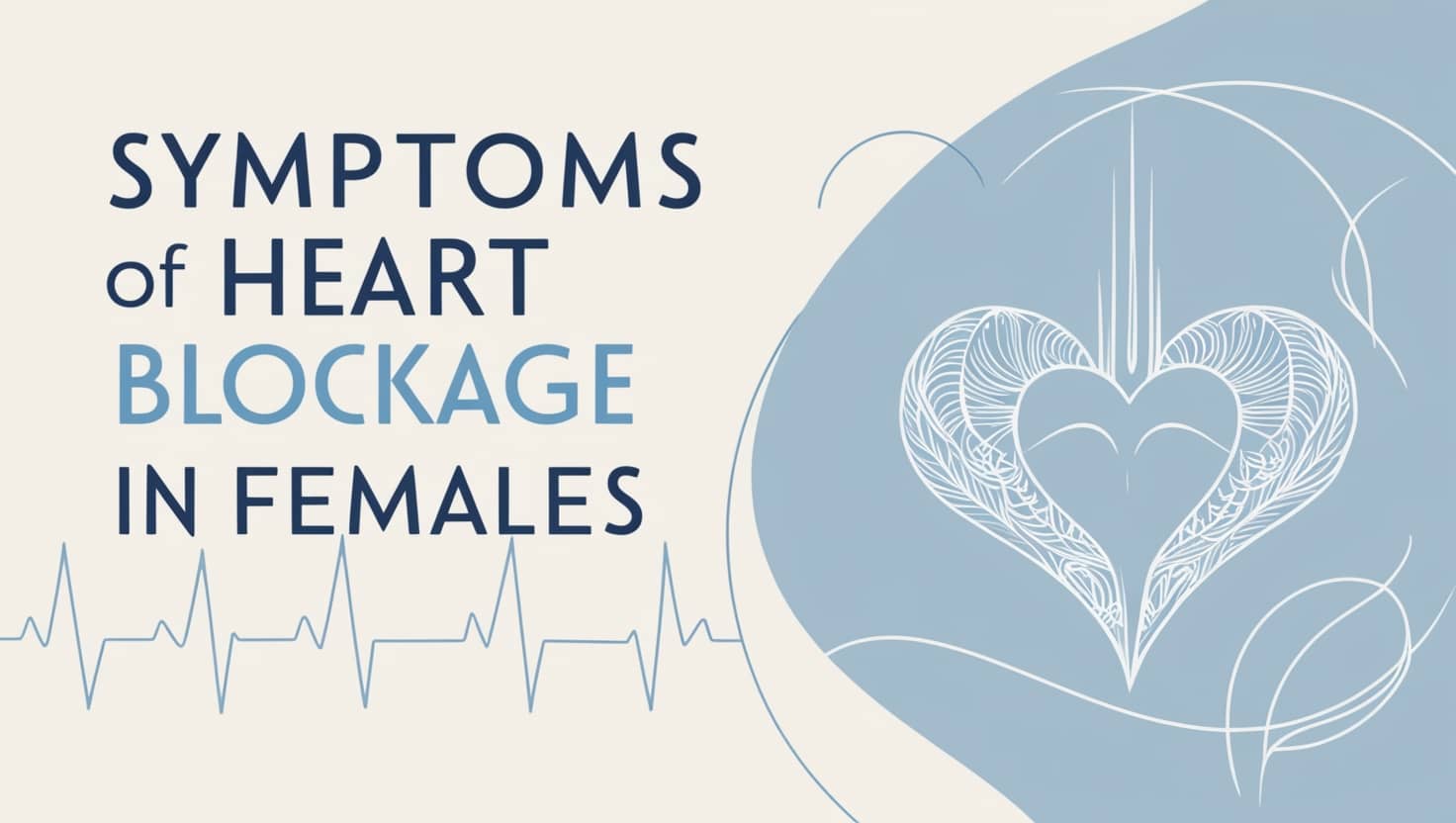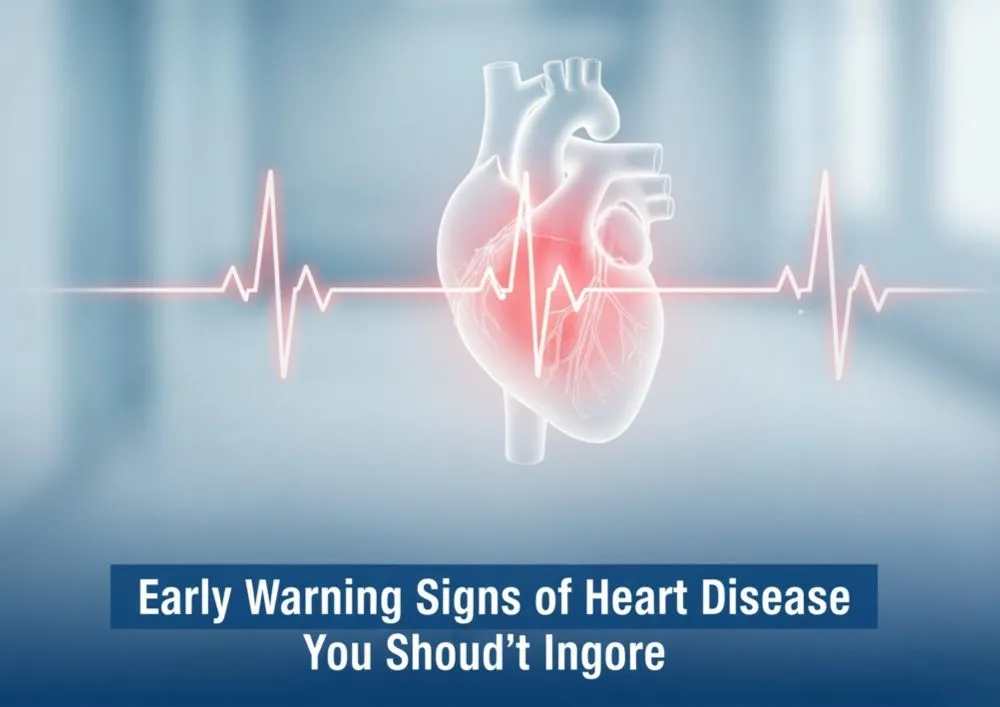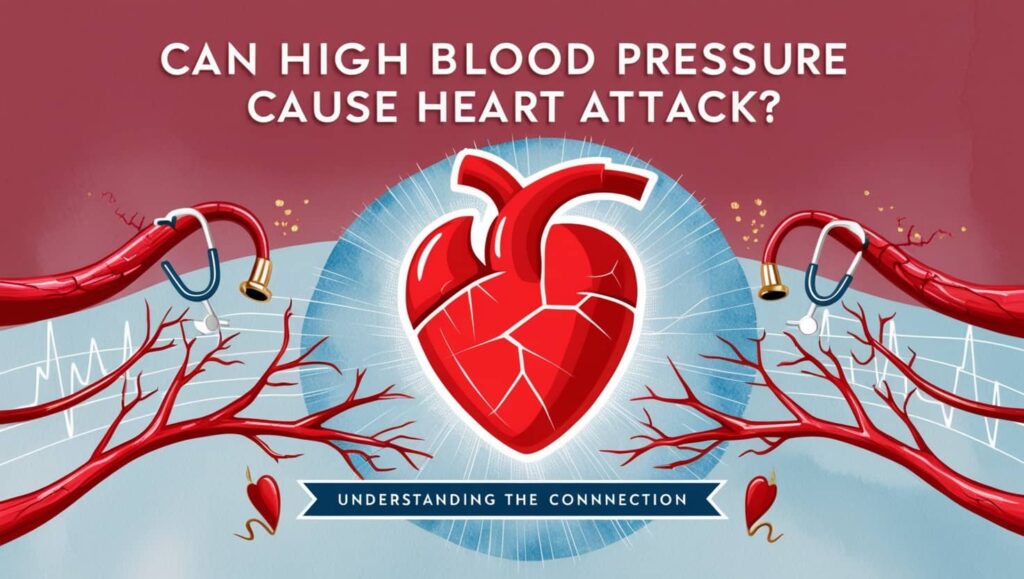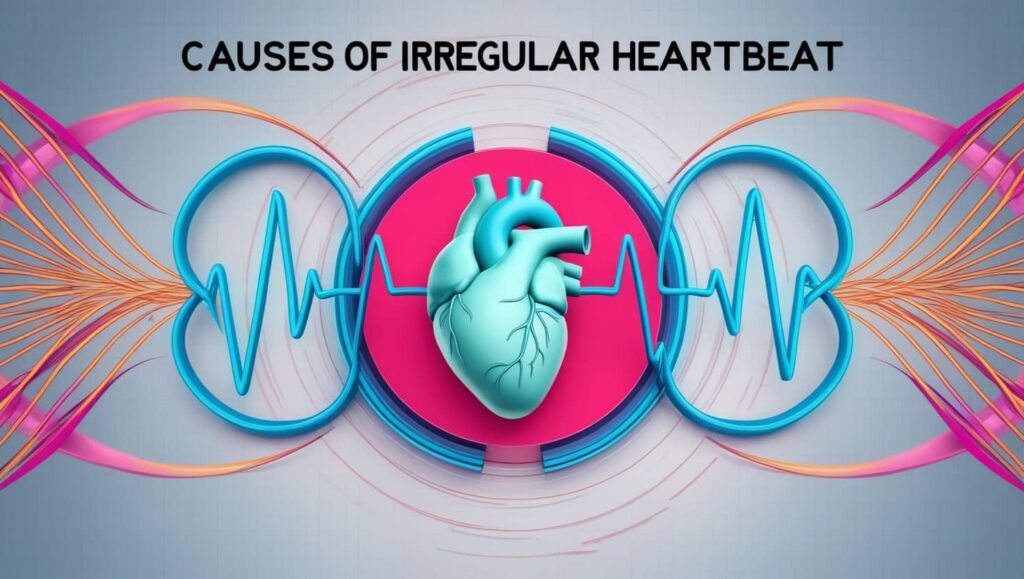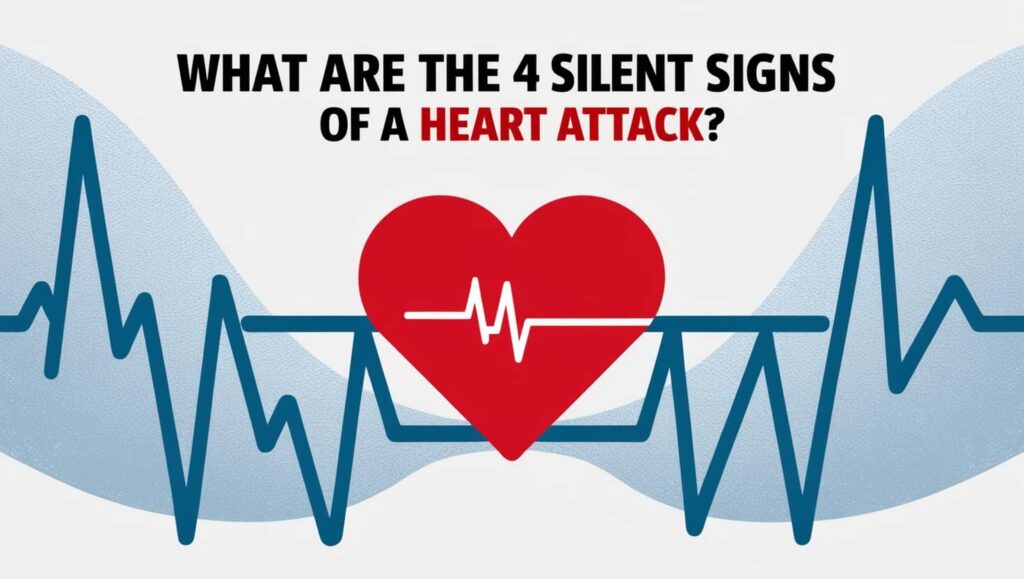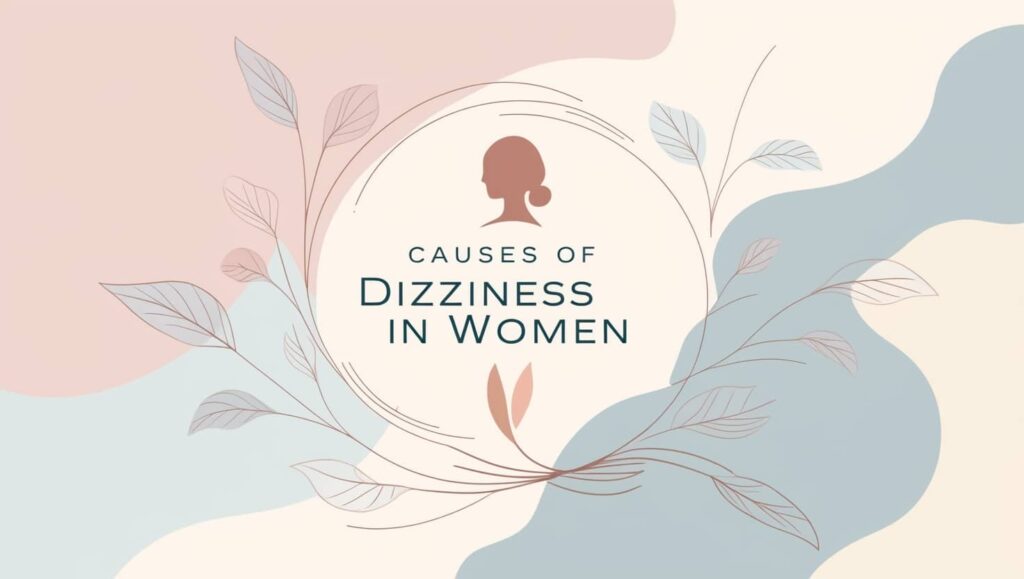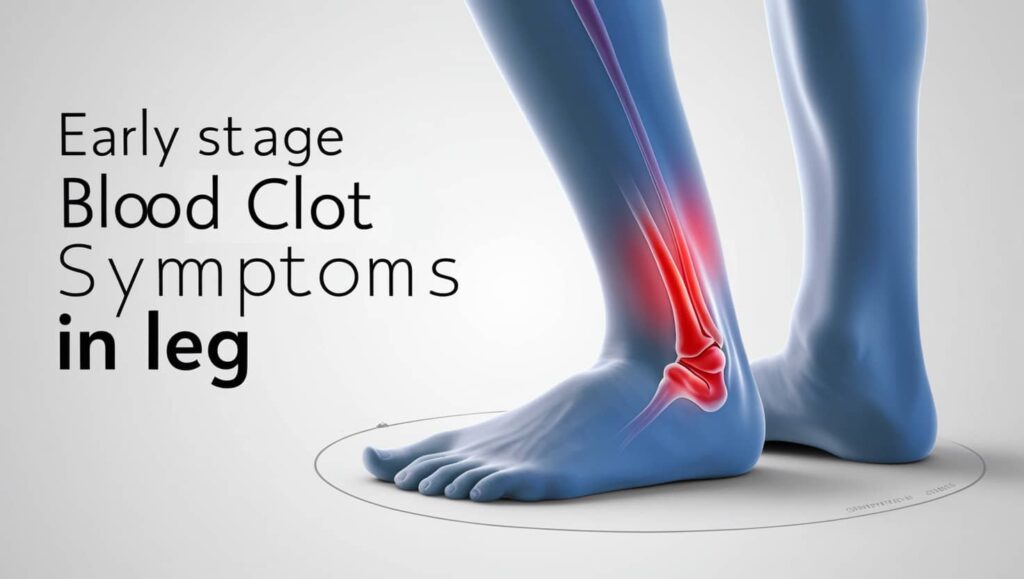Heart block occurs when a heartbeat signal only makes it to the ventricles, causing the heart to malfunction. This can lead to slow or missed beats and, in severe cases, low blood flow to the entire body. Heart block is more common later in life and is also known as atrioventricular (AV) block or conduction disorder.
Etiology
A heart blockage can be congenital or acquired. Congenital heart blockage is more common in patients without structural heart disease, due to immune-mediated conduction system dysfunction. Acquired heart blockage is more common due to age-related degeneration of conduction system diseases, chronic idiopathic fibrosis, and higher vagal tone. Other causes include atrial cardiomyopathies, muscular dystrophies, and cardiac surgery. Transcatheter aortic valve replacement is also associated with an AV block, with male patients having a higher incidence after the procedure.
What Causes Heart Blockage in Women?
The leading cause of death for women in both developed and developing countries is cardiovascular disease. Although overall cardiovascular disease mortality rates have decreased significantly in recent decades, improvements for younger women have not kept pace. The biological differences between the sexes in cardiovascular physiology, homeostasis, and drug pharmacokinetics and pharmacodynamics, which are caused by genetic, epigenetic, and sex-hormone-mediated factors, are still not fully understood. These sex-related differences are exacerbated by socio-economic gender issues, such as nutritional, environmental, cultural, and lifestyle factors. These differences, though challenging to fall apart, account for the observed variation in prevalence, presentation, and natural history of cardiovascular disease in women.
Drug-Induced Heart Blockage
When there is underlying conduction system dysfunction, the following drugs may impact AV conduction and result in a heart blockage:
- Non-dihydro-pyridine calcium channel blockers
- Digoxin
- Beta-blockers
- Class I and class III antiarrhythmic medications that contain adenosine
- Lithium
- Donepezil
Warning Signs of Heart Blockage in Females:
The degree of heart blockage and how it impacts the heart pump determine the signs and symptoms.
- Chest discomfort.
- Heart palpitations.
- Breathing quickly.
- Lightheadedness
- Fainting
People with first-degree heart block can show no symptoms. A normal electrocardiogram (ECG) may reveal first-degree heart blockage.
Because of the slow heart rate, third-degree heart blockage symptoms are more severe. Seek immediate medical assistance if your symptoms are severe.
Diagnosis
Assessing underlying structural heart problems and evaluating the hemodynamic effects of a heart blockage are crucial, even though a physical examination can only diagnose a heart blockage to a limited extent. Bradycardia, a fluctuating pulse, hypotension, and the presence of enlarged neck veins with noticeable A waves are common physical examination findings in patients with a heart blockage.
Treatment Options for Heart Blockage
Treatment for heart blockage differs from individual to individual. To treat your state, a cardiologist will take into account:
- What kind of heart block are you suffering from?
- how severe your heart block is.
- How it impacts the functioning of your heart.
- symptoms that you’re experiencing.
Heart blockage can occasionally be prevented by using alternative medications or heart disease treatments. A pacemaker that delivers electrical pulses to the heart may be necessary for other people, either permanently or temporarily.
- First-degree block: Treatment is unlikely to be necessary.
- Second-degree block: If you have Type 1, you might not require therapy. if you have symptoms, you might require a pacemaker, either permanent or temporary.
- People who have third-degree block nearly invariably require a pacemaker.
Take-Home Message
An interprofessional team approach is necessary for the best medical care of heart block since, if greater degrees of heart block are not diagnosed, the condition can result in significant mortality and morbidity. Therefore, for patients with heart block to receive an accurate and fast diagnosis, suitable therapy, and continuous monitoring, cooperation among medical specialists is crucial.
Read Also: What Are the Top 10 Symptoms of High Blood Pressure?
References
Kashou, A. H., Goyal, A., Nguyen, T., Ahmed, I., & Chhabra, L. (2024). Atrioventricular block. In StatPearls. StatPearls Publishing.
Cioffi, G. M., Gasperetti, A., Tersalvi, G., et al. (2021). Etiology and device therapy in complete atrioventricular block in pediatric and young adult population: Contemporary review and new perspectives. Journal of Cardiovascular Electrophysiology, 32 (11), 3082–3094. Retrieved April 14, 2024, from https://pubmed.ncbi.nlm.nih.gov/34570400/
de Marvao, A., Alexander, D., Bucciarelli-Ducci, C., & Price, S. (2021). Heart disease in women: a narrative review. Anaesthesia, 76 Suppl 4, 118–130. https://doi.org/10.1111/anae.15376.
